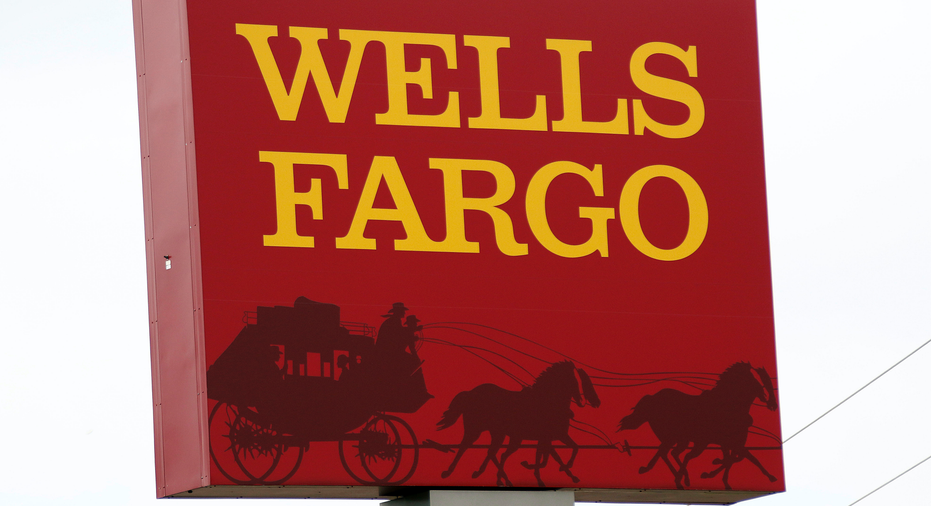Wells Fargo faces lawsuits, angry lawmakers over car lending

NEW YORK – The heat on Wells Fargo over its auto lending business has intensified, with customers filing at least three lawsuits, politicians calling for hearings and a bank regulator issuing a subpoena for records.
Wells Fargo, still trying to recover from a fake accounts scandal, said last week that roughly 570,000 customers were signed up for and billed for car insurance that they didn't need or necessarily know about. Many couldn't afford the extra costs and fell behind in their payments. In about 20,000 cases, cars were repossessed.
The bank has agreed to pay $80 million in refunds and account adjustments to customers, with checks starting to go out this month.
But on Wednesday, the New York Department of Financial Services, a banking regulator with an outsized role in overseeing the industry because of the number of banks based in New York, sent a subpoena to Wells Fargo.
It wants to see copies of loan contracts with borrowers, agreements with its dealer network, and any outside vendors who may have played a role.
That follows two customer lawsuits filed in California and one in New York. One lawsuit said the bank's "abusive" practices caused "significant stress, hardship and financial losses" for customers.
Wells Fargo had been trying to repair its reputation after admitting last fall that employees opened as many as 2 million accounts without getting customers' permission to meet aggressive sales targets. It paid $185 million to regulators and settled a class-action suit for $142 million.
The bank, along with being one of the nation's largest retail banking chains, is also one of the largest auto loan companies with a network of 14,000 dealerships. Most people who get a Wells Fargo car loan did not go shopping specifically for it, but got one after applying for financing once they'd picked out a car or truck.
Like most auto loan companies, Wells Fargo required borrowers to have comprehensive and collision insurance.
However, Wells Fargo appears to have been unique in the sense that if a customer did not have comprehensive coverage, it would purchase insurance from its contractor National General for the customer and charge them for it. Representatives for JPMorgan Chase and Bank of America said their respective banks do not automatically buy policies on borrowers' vehicles if they appear to lack insurance. Santander Bank, another major auto lender, said they don't force place insurance.
Wells acknowledged that its systems signed up customers who already had insurance. Some were unable to afford the insurance, and that "may have contributed to a default that led to their vehicle's repossession," the bank said.
"We are very sorry for the inconvenience this caused impacted customers and we are in the process of notifying them and making things right," Wells Fargo said.
The bank declined to comment on the specific lawsuits filed against it. A spokeswoman for National General didn't respond to calls and emails seeking comment.
"If Wells Fargo truly valued its customers, it wouldn't be stealing from them in such a widespread and systemic manner," said Adam Levitt, a partner at DiCello Levitt & Casey, who is suing Wells Fargo and National General. Levitt has represented victims in other large, auto-related cases, like the $16 billion Volkswagen emissions settlement.
Politicians are also angry with Wells, with Democrats both in the House and the Senate calling for a Congressional investigation. The fake accounts scandal last fall drew bipartisan outrage.
Seven Democrats on the Senate Banking Committee wrote to Wells Fargo that they are "extremely concerned" about "the latest in a seemingly endless chronicle of Wells Fargo's fraudulent practices and widespread misconduct."
They called it "eerily familiar" to last year's sales practices scandal.
_____
Ken Sweet covers banks and consumer financial issues for The Associated Press. Follow him on Twitter at @kensweet.



















